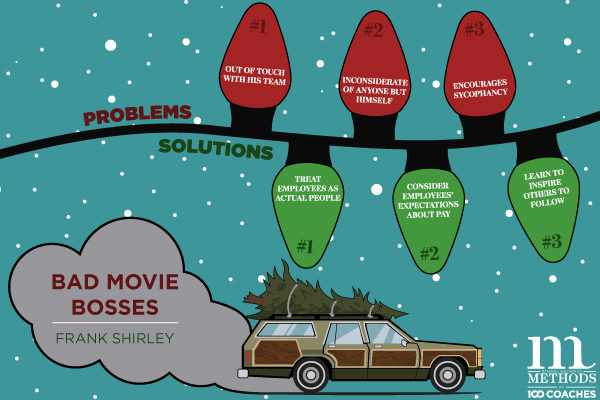In the past, mental health was a very taboo subject everywhere—in the home, in schools, and especially in the “professional” workplace. The common misconception was that, if someone is experiencing mental health issues, they must be unstable, or volatile, or of unsound mind. Obviously now, we know that is about as far from the truth as possible, because so many people struggle with these issues on a daily basis. Sometimes it’s because of environmental stress, or job stress, or even just a genetic disposition to chemical imbalances in the brain that cause our bodies and minds to function differently. It’s become a hot button issue in recent years, as the dialogue around mental health (and its accompanying stigma) has opened up to include discussions of mental health within the professional sphere.
This has all come into extreme focus in the last year and a half with the COVID-19 pandemic. According to an article in the Harvard Business Review, “at the end of March and in early April, [a] nonprofit organization, Mind Share Partners, conducted a study of global employees in partnership with Qualtrics and SAP. We found that the mental health of almost 42% of respondents had declined since the outbreak began.” Everyone, and I mean everyone, has been under a state of sustained and prolonged distress, and for much of that time, a state also without hope for any resolution. As companies went under and layoffs abounded, employees everywhere felt the sting of the virus’s overwhelming economic impact. Bosses, too, experienced massive amounts of stress at having to furlough good people. Effectively, no one is safe from the negative side effects of a major crisis, and caring for each other with understanding and empathy is something that we should all strive to do, and that bosses especially need to be striving for right now.

So what can we learn from this? Well, one thing that has arisen from the ashes of this crisis is the better sense that we need to look out for each other, and that rings true for supervisors and their employees.
They say a happy worker is a productive worker, and true happiness lies in the feeling that employees are “psychologically safe” in their jobs. That security is bolstered by compassionate and empathetic bosses who regularly check-in with their people, and do everything in their power to assure their employees that they will be okay and that the boss is there for them no matter what. So, how can you as a leader actually do a better job of caring for your people? Here are some concrete action steps for doing so.

- Check in with your people. Show them that you care by consistently checking up on them in meaningful ways. Try to understand their context and the struggles they might be facing. Uncover those, and offer support in those areas. Just knowing that you’re there for them can make a huge difference.
- Be honest about the situation. As a leader, it’s typically a no-no to show fear to your team, but in cases like these, it helps your team when you as a leader can be vulnerable. Be honest about the struggles you’re facing as a company, and don’t sugarcoat things. However, make sure you infuse a spirit of hope into your messages, so that you’re “shooting form the hip” doesn’t turn to being a cynical realist.
- Be honest about YOUR feelings. You’re not impervious to emotions, and you’re certainly not impervious to stress. Show your team that you’re a real person, too, who is having difficulty in facing these issues. There is solidarity in knowing that people aren’t alone in suffering. It doesn’t make it hurt any less, but it helps to let your people know you’re in it together.
- Offer resources to your employees. Include in the health insurance plan options for mental healthcare providers. This also helps with the next point.
- OPEN THE DIALOGUE. Let your people know it’s OKAY not to feel okay, and that there is no shame or stigma in that. Let everyone in the company know that resources are readily available to them and that they’re not alone.
With these strategies, we can each try and be a little bit of a better, more empathetic boss, and make sure our employees are taken care of in their mental health. For more tips like this on leading through times of stress and crisis, workplace happiness, and helping your team adapt, check out our courses taught by the world’s top business executives, leadership coaches, and industry thought leaders.
Resources: hbr.org, glassdoor.com





